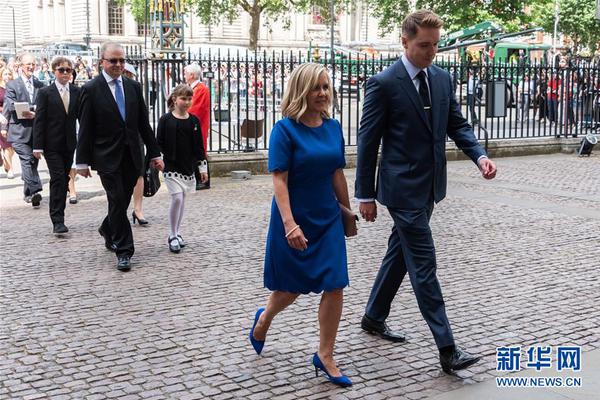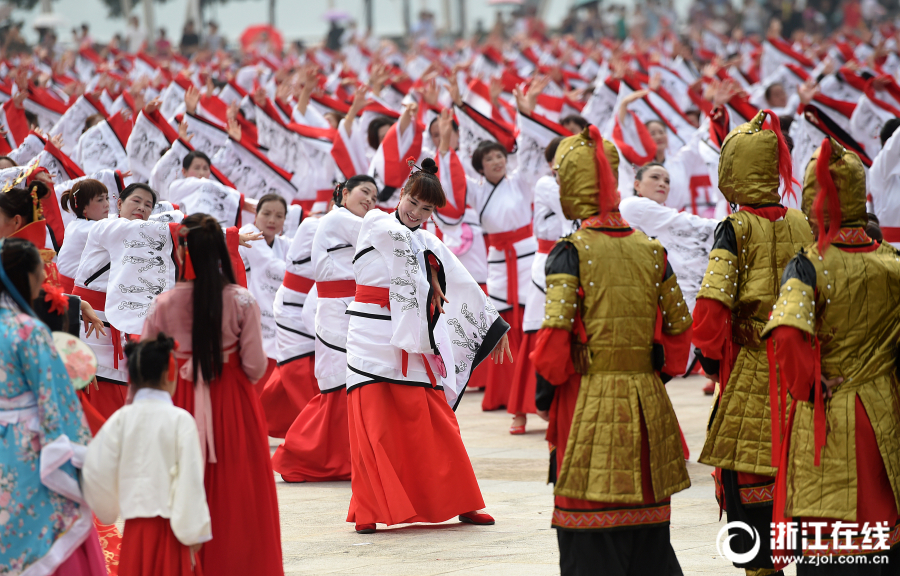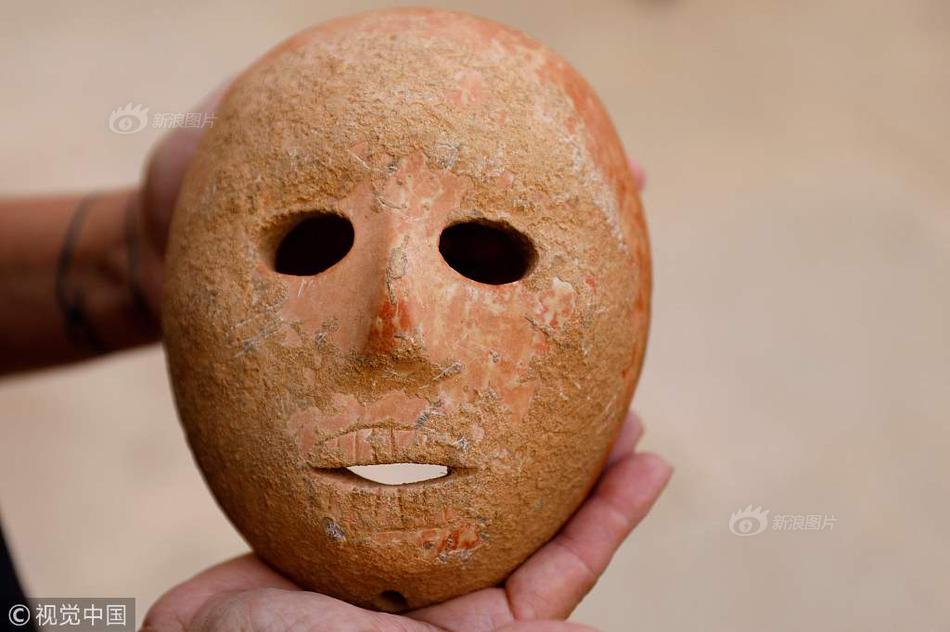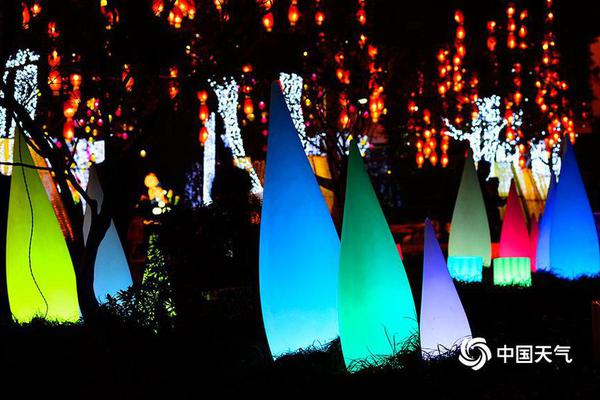There’s something undeniably magical about the beauty of nature. Whether it's the sun setting over the horizon, casting a warm glow across a tranquil beach, or the grandeur of snow-capped mountains standing tall against an endless blue sky, nature has a way of taking our breath away. In these moments, we are reminded that beauty is not always man-made or controlled, but something that is infinitely vast, timeless, and pure. Nature teaches us that beauty can be found in every corner of the Earth, from the delicate petals of a flower to the roaring waves of the ocean.
What makes nature’s beauty so captivating is its authenticity. Unlike artificial beauty, which is often curated and manipulated, the beauty found in nature is raw and unrefined. It doesn't need to prove itself or conform to societal expectations. It simply exists, offering us a moment of serenity or awe. Just think of the first time you saw a star-filled night sky or stood in the midst of a forest, surrounded by the sounds of rustling leaves and birds chirping. These moments resonate deeply with us, evoking emotions that words alone cannot capture.
The beauty of nature also reminds us of our place within the world. It connects us to something greater than ourselves, urging us to protect and preserve the Earth. The preservation of natural landscapes, the protection of endangered species, and the fight against climate change all stem from our inherent appreciation of nature's beauty. As we experience and revel in nature's gifts, we become more attuned to the importance of safeguarding these wonders for future generations.
The Beauty of Human Connection
While nature's beauty is undeniable, the beauty that lies within human connections is perhaps even more profound. In a world that often feels divided by differences, the moments when people come together in understanding, compassion, and love shine the brightest. There is a unique kind of beauty in the shared smiles between strangers, the deep conversations that bridge cultural divides, and the warmth of a hug when words fail. These connections remind us that beauty is not limited to what we see with our eyes but is deeply intertwined with the emotions and bonds we share with others.
The beauty of human connection is a reflection of our shared humanity. It's the kind of beauty that doesn’t rely on external appearances but is found in vulnerability, empathy, and understanding. Whether it’s a parent holding their child for the first time or a group of friends supporting each other through tough times, these moments are proof that true beauty can be found in the simplest and most genuine of interactions.
Moreover, human connections can be transformative. They have the power to heal wounds, inspire growth, and push us to become better versions of ourselves. Think about the beauty of a mentor guiding a young individual toward their potential, or the selfless act of helping a stranger in need. These acts of kindness and compassion ripple outward, creating a network of beauty that spreads far beyond the initial moment.
The Beauty of Art and Creativity
Art, in all its forms, serves as a powerful expression of beauty. Whether it's a painting, a piece of music, a film, or even a well-crafted piece of literature, art has the ability to stir our hearts and minds in ways that nothing else can. It allows us to express the inexpressible, capturing emotions, ideas, and experiences that transcend words. Through art, we see the world through the eyes of others, gaining insight into their perspectives, struggles, and dreams.
The beauty of art is not always found in perfection but in the rawness and honesty it conveys. A painter may leave brushstrokes visible on a canvas, showing the process and emotion behind the work. A musician may write a song that expresses the pain of loss or the joy of love, resonating deeply with listeners who have felt the same. Art is not about conformity; it’s about authenticity, creativity, and vulnerability. It’s about pushing boundaries and challenging perceptions.
Art also has the power to transcend time and space. Great works of art endure because they speak to universal truths. A sculpture created centuries ago can still evoke awe, and a novel written decades ago can still resonate with readers today. Art has the power to capture moments in history, to preserve memories, and to create connections across generations. Its beauty is not just in what it depicts, but in the way it inspires, challenges, and moves us.
While we often focus on external appearances when we think about beauty, the most enduring and meaningful beauty lies within. Inner beauty—our kindness, resilience, compassion, and authenticity—holds a timeless value that transcends the superficial. It is easy to be captivated by someone’s outer appearance, but it is their inner beauty that leaves a lasting impression.
Inner beauty is the essence of who we are, and it manifests in the way we treat others, the values we hold dear, and how we navigate challenges. Someone who radiates positivity, kindness, and empathy can illuminate a room without uttering a single word. Similarly, resilience in the face of adversity showcases an inner strength that is both beautiful and inspiring. These qualities are not dependent on age, appearance, or material wealth, making them universally accessible and enduring.
Moreover, embracing our own inner beauty can be incredibly empowering. In a world that often emphasizes outward appearances, recognizing and nurturing our inner beauty allows us to shift the focus from external validation to self-acceptance. It encourages us to celebrate who we are, imperfections and all. This sense of self-worth creates a beauty that is irreplaceable because it is rooted in authenticity, not in comparison to others.
The Beauty of Imperfection
There is a certain kind of beauty found in imperfection. Our culture tends to worship perfection, but it’s often in the flaws and quirks of life that we discover what truly resonates with us. Think of the beauty in a handmade item, where slight imperfections reveal the care and skill of the creator. Or the beauty of an old building, worn with time and history, carrying stories that add depth and character.
In people, too, imperfection adds to their beauty. It is the scars, the wrinkles, the unique features, and the individual experiences that shape a person into who they are. These imperfections are not signs of weakness but of resilience, growth, and experience. The beauty in imperfection reminds us that we do not need to be flawless to be worthy of love, admiration, or respect. In fact, it is often our imperfections that make us more relatable, more human, and more beautiful.
Cultural and Personal Perceptions of Beauty
Beauty is not a static concept but a dynamic one that is shaped by culture, personal experiences, and societal influences. What one culture deems beautiful may differ drastically from another, and what each of us finds beautiful is also shaped by our unique experiences and preferences. This diversity in perception only adds to the richness of beauty, showing us that there is no one “right” way to define it.
Beauty, therefore, is something deeply personal, influenced by our upbringing, our values, and our desires. What you find beautiful may not be the same as what someone else appreciates, and that’s the beauty of the concept itself. It allows for infinite expressions, interpretations, and celebrations of the human experience.
Conclusion: Beauty in All Forms
Ultimately, beauty can be found in every corner of life. It’s not just in the things we see, but in the feelings we experience, the connections we make, and the moments we cherish. Whether it’s the beauty of nature, the kindness in human connection, the creativity in art, the strength in resilience, or the imperfection that makes us who we are, beauty exists in all forms.
It’s up to each of us to recognize and celebrate beauty in all its manifestations, and to embrace it in a way that is authentic to ourselves. By doing so, we not only enrich our own lives but contribute to a world that recognizes and values beauty in its many forms.
(责任编辑:焦点)
 The Best Drinks for Health: Refreshing Your Body and Mind
The Best Drinks for Health: Refreshing Your Body and Mind Anti-Aging Secrets: Unlocking the Fountain of Youth
Anti-Aging Secrets: Unlocking the Fountain of Youth What to Do if You Are Weak: Steps to Regain Strength and Confidence
What to Do if You Are Weak: Steps to Regain Strength and Confidence Drinking Tea Will Make You Look Better: The Secret to Radiant Health and Beauty
Drinking Tea Will Make You Look Better: The Secret to Radiant Health and Beauty Embracing the Power of a Super Man: The Hero We All Aspire To Be
Embracing the Power of a Super Man: The Hero We All Aspire To BeUnderstanding the Power of Anger: The Unspoken Strength of an Angry Woman
 The Power and Complexity of a Woman's AngerAnger is a complex emotion, one that has long been associ
...[详细]
The Power and Complexity of a Woman's AngerAnger is a complex emotion, one that has long been associ
...[详细]The Best Tea: A Journey into Flavor, Tradition, and Wellness
 The Allure of Tea: Discovering the Best Brews from Around the WorldTea is more than just a beverage;
...[详细]
The Allure of Tea: Discovering the Best Brews from Around the WorldTea is more than just a beverage;
...[详细]The Unexpected Power of a Yawn: Unlocking its Surprising Benefits
 Sure! Here's a soft article on the theme of "yawn" in the required format. It's divided into two par
...[详细]
Sure! Here's a soft article on the theme of "yawn" in the required format. It's divided into two par
...[详细]Drink Tea to Nourish the Kidneys: A Natural Approach to Vitality
 The Role of Kidneys in Our Health and the Power of TeaThe kidneys are vital organs in our body, resp
...[详细]
The Role of Kidneys in Our Health and the Power of TeaThe kidneys are vital organs in our body, resp
...[详细]The Best Kidney Tonic: A Natural Approach to Support Kidney Health
 Understanding Kidney Health and Why a Kidney Tonic MattersOur kidneys play a vital role in maintaini
...[详细]
Understanding Kidney Health and Why a Kidney Tonic MattersOur kidneys play a vital role in maintaini
...[详细]What to Eat When You Are Weak: Restoring Energy with Nutrient-Dense Foods
 The Importance of Food for Energy RestorationFeeling weak, whether due to illness, fatigue, or physi
...[详细]
The Importance of Food for Energy RestorationFeeling weak, whether due to illness, fatigue, or physi
...[详细]The Art of Body Care: Elevating Your Daily Routine
 Sure! Here's a 1400-word soft article with "body care" as the theme, split into two parts. The Esse
...[详细]
Sure! Here's a 1400-word soft article with "body care" as the theme, split into two parts. The Esse
...[详细]Understanding Tinnitus: Causes, Symptoms, and Relief
 Tinnitus, commonly described as a constant ringing, buzzing, or hissing sound in the ears, affects m
...[详细]
Tinnitus, commonly described as a constant ringing, buzzing, or hissing sound in the ears, affects m
...[详细]How to Make Your Kidneys Younger: The Ultimate Guide to Kidney Health
 Understanding Your Kidneys and Why You Need to Keep Them HealthyYour kidneys are vital organs that p
...[详细]
Understanding Your Kidneys and Why You Need to Keep Them HealthyYour kidneys are vital organs that p
...[详细]The Best Drinks for Middle-Aged Women: Sipping in Style and Wellness
 Middle-aged women often face unique lifestyle and health changes. The right drink can support wellne
...[详细]
Middle-aged women often face unique lifestyle and health changes. The right drink can support wellne
...[详细]Why Are Japanese So Short and Sturdy? A Closer Look at Genetics, Culture, and Lifestyle

Empowering Middle-Aged Women: A Guide to Maintaining Optimal Health
